Description
BUY IVERMECTIN FOR SALE
Looking for Ivermectin for sale to safeguard your goats, sheep, buffaloes, and cattle from harmful parasites? Ivermectin is a proven dewormer that tackles a range of internal and external parasites in livestock.
When assessing the price of Ivermectin, keep in mind the long-term benefits. This dewormer helps your animals achieve healthier weights and stronger immune systems, contributing to increased productivity. The investment in Ivermectin pays off with improved animal health and farm yields.
Searching for “Ivermectin near me” or “Ivermectin from Alpha Agventure Farms” on Google can help you locate this dewormer easily. Delivery is an option at your cost.
Correct dosage is essential for Ivermectin’s effectiveness. Follow the recommended guidelines for your animals’ size and weight. Do not inject Ivermectin to pregnant ruminants. Proper administration not only prevents resistance but also ensures that your livestock thrives without parasite-related illnesses.
Using Ivermectin as part of your herd management strategy can prevent costly losses due to disease. Parasites can lead to weight loss and reduced milk or meat production, but regular deworming keeps these risks under control.
For effective parasite control, buy Ivermectin from trusted suppliers. Make sure your ruminants remain healthy, and your farm thrives by using Ivermectin as part of your regular care routine.
FREQUENTLY ASKED QUESTIONS
What is Ivermectin used for in goats, sheep, buffaloes, and cattle?
Ivermectin is a broad-spectrum dewormer used to treat a variety of parasitic infections in goats, sheep, buffaloes, and cattle. It targets internal parasites such as worms and external parasites like mites and lice. Proper use can improve the overall health and productivity of your livestock.
Where can I pick up my order of Ivermectin?
Our designated pickup location is at Block 7 Barangay San Manuel, Tarlac City. You can find us by searching “Alpha Agventure Farms” on Google Maps or Waze. Pickup is by appointment only, so please schedule in advance to collect your Ivermectin products.
Do you offer delivery services nationwide?
Yes, we deliver Ivermectin anywhere in the Philippines, but delivery fees apply. It’s crucial to ensure safe packaging and handling during transport to maintain the effectiveness of Ivermectin. Proper storage conditions help preserve the product’s quality during transit.
How often should I administer Ivermectin to my livestock?
The frequency of administration depends on the type of parasites and the level of infestation. Generally, Ivermectin is given at intervals of 6 to 12 months. Always consult a veterinarian for specific recommendations tailored to your herd’s needs. At Alpha Agventure Farms, we alternately use Albendazole (oral dewormer) and Ivemectin. We also use oregano oil as a natural dewormer for ruminants.
Where can I buy Ivermectin for goats, sheep, cattle, and buffaloes?
You can buy Ivermectin from Alpha Agventure Farms. You can buy on this page!
What are the benefits of using Ivermectin dewormer?
Ivermectin effectively controls a wide range of parasites, enhancing the health and productivity of your animals. Regular use helps prevent infestations and can improve overall growth and milk production. It’s a trusted choice among farmers for maintaining livestock health.
What is the price of Ivermectin?
The price of Ivermectin is already displayed on this page.
How do I administer Ivermectin to my livestock?
Our Ivermectin can be administered through subcutaneous injection. Follow the manufacturer’s instructions for dosage and administration. Consult your veterinarian if you are unsure about the correct method for your animals.
Where can I find Ivermectin for sale in the Philippines?
Ivermectin for sale can be found at Alpha Agventure Farms.
How can I locate Ivermectin near me?
You will find Alpha Agventure Farms when you search “Ivermectin near me” on Google. Delivery is an option at your cost if you’re geographically distant from us.
Are there any side effects of using Ivermectin on livestock?
Ivermectin is generally safe when used as directed, but some animals may experience mild side effects like lethargy or digestive upset. Always follow the dosage instructions and consult your veterinarian if any adverse reactions occur. Monitoring your livestock after administration is recommended.
Can I use Ivermectin for different types of livestock?
Yes, Ivermectin is suitable for use in goats, sheep, buffaloes, and cattle. Ensure you use the correct formulation and dosage for each type of livestock. Always refer to the product instructions and consult with a veterinarian for guidance.
What should I do if my livestock shows signs of parasitic infection despite using Ivermectin?
If symptoms persist after using Ivermectin, re-evaluate the dosage and administration method. It may be necessary to conduct a fecal test to identify the specific parasites involved. Consult your veterinarian for further diagnosis and treatment options.
How long does Ivermectin remain effective in the animal’s system?
Ivermectin remains effective for several weeks to months, depending on the type of parasite and the specific formulation used. Regular monitoring and follow-up treatments may be required for ongoing parasite control. Your veterinarian can provide specific advice based on your situation.
Can Ivermectin be used during pregnancy in livestock?
Ivermectin is not typically recommended for pregnant ruminants due to potential risks to both the mother and developing fetus. The drug may cross the placental barrier, posing a risk to the fetus, especially during early development. Limited research on its safety in pregnancy also raises concerns. Additionally, improper dosing can cause toxicity, which is more dangerous for pregnant animals. Always consult a veterinarian before administering Ivermectin to ensure its safe use in pregnant livestock.
How should I store Ivermectin to ensure its effectiveness?
Ivermectin should be stored in a cool, dry place away from direct sunlight and moisture. Follow the storage instructions provided on the product label. Proper storage helps maintain the product’s effectiveness and safety.
Is there a withdrawal period for meat and milk after using Ivermectin?
Yes, Ivermectin may have a withdrawal period for meat and milk consumption. Check the box or bottle for the details. This means that animals treated with Ivermectin should not be slaughtered or their milk consumed until after the specified withdrawal period. Check the product label for specific guidelines.
Can I use Ivermectin if my livestock has other health conditions?
If your livestock has existing health conditions, consult with your veterinarian before using Ivermectin. The veterinarian can provide advice on potential interactions and ensure that Ivermectin is a safe choice for your animals’ specific health needs.
How effective is Ivermectin against different types of parasites?
Ivermectin is highly effective against a wide range of internal and external parasites. It targets various worms, mites, and lice. For specific parasite concerns, consult your veterinarian to confirm that Ivermectin is the best choice.
Are there any alternatives to Ivermectin for parasite control?
Yes, there are several alternatives to Ivermectin, including other dewormers and parasite control methods. We have Albendazole, which you can administer orally to non-pregnant ruminants.
What should I do if I accidentally overdose my livestock with Ivermectin?
In case of an overdose, immediately contact your veterinarian. Symptoms of overdose can vary and may include signs of toxicity. Prompt veterinary attention is essential to address any adverse effects and ensure your livestock’s safety.
How can I ensure proper dosing of Ivermectin?
To ensure proper dosing, carefully read and follow the product instructions. Use accurate measuring tools if administering orally or via injection. Consulting your veterinarian can help confirm that you are using the correct dose for your livestock’s needs.
What are the best practices for using Ivermectin effectively?
Best practices include following the recommended dosage, adhering to administration guidelines, and monitoring your livestock for any side effects. Regularly check for parasite infestations and consult your veterinarian for routine health assessments.
How often should I check for parasite infestations in my livestock?
Regular checks for parasite infestations should be part of your routine livestock management. Depending on the risk level and symptoms, inspections may be done every few months. Early detection helps ensure timely treatment and effective parasite control.


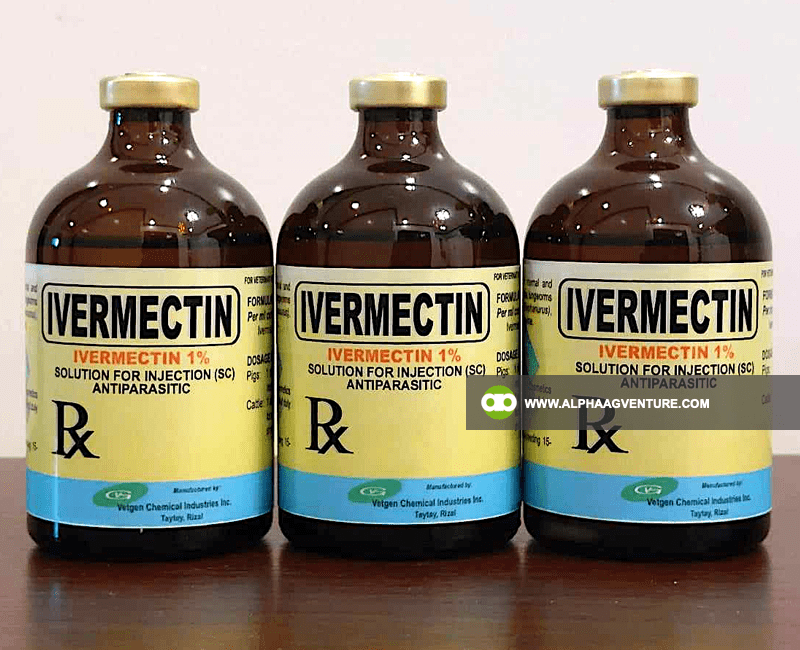
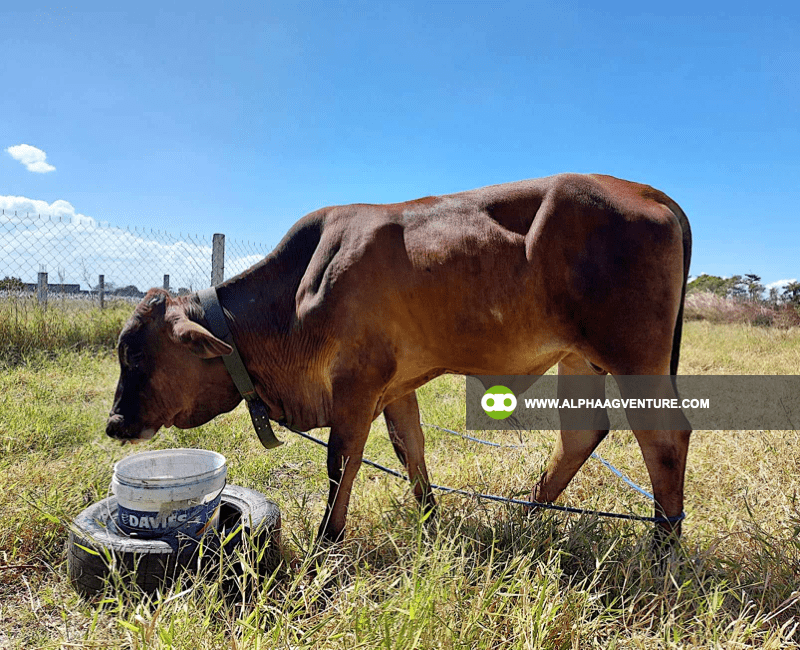
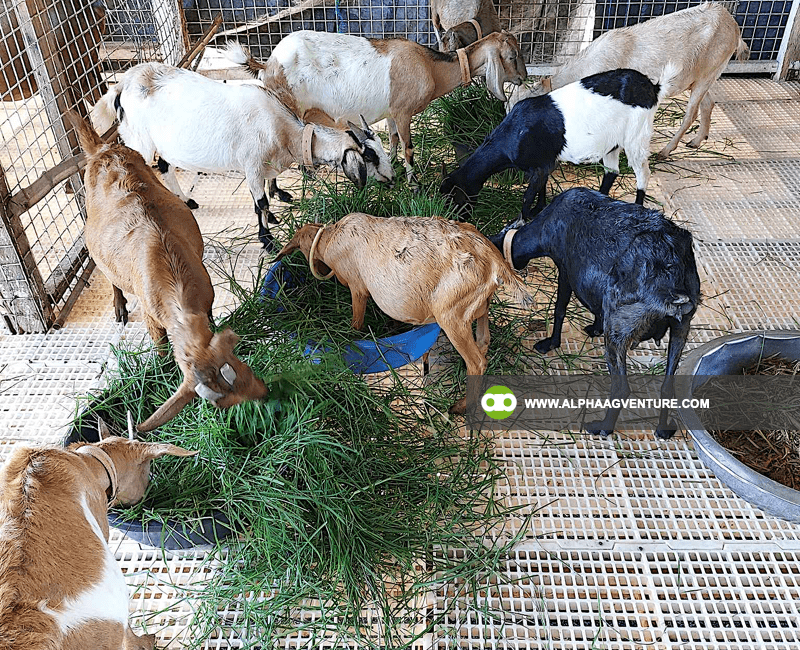
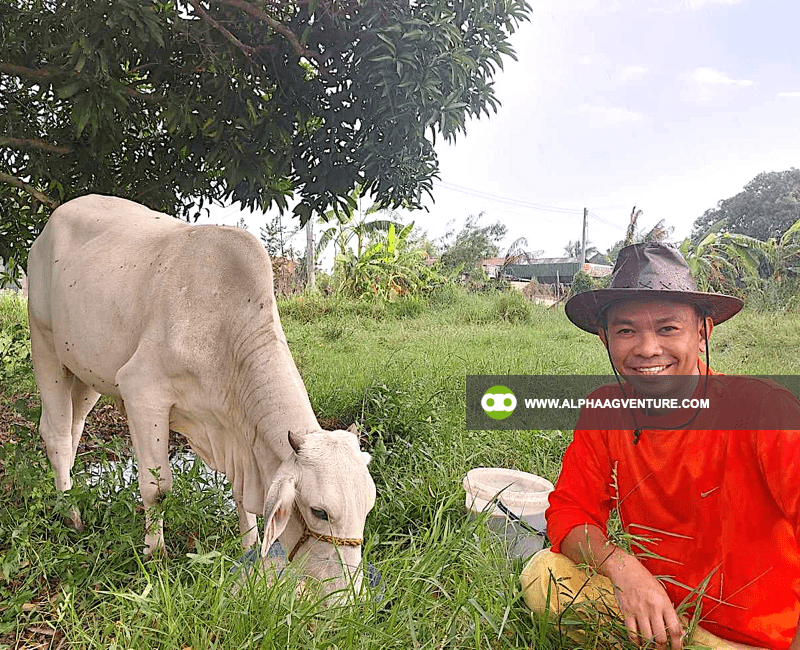
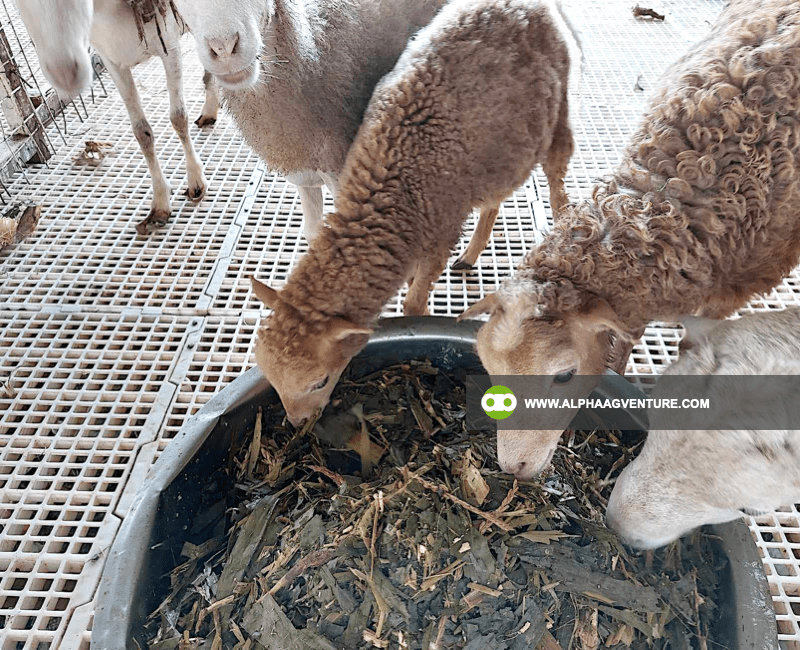
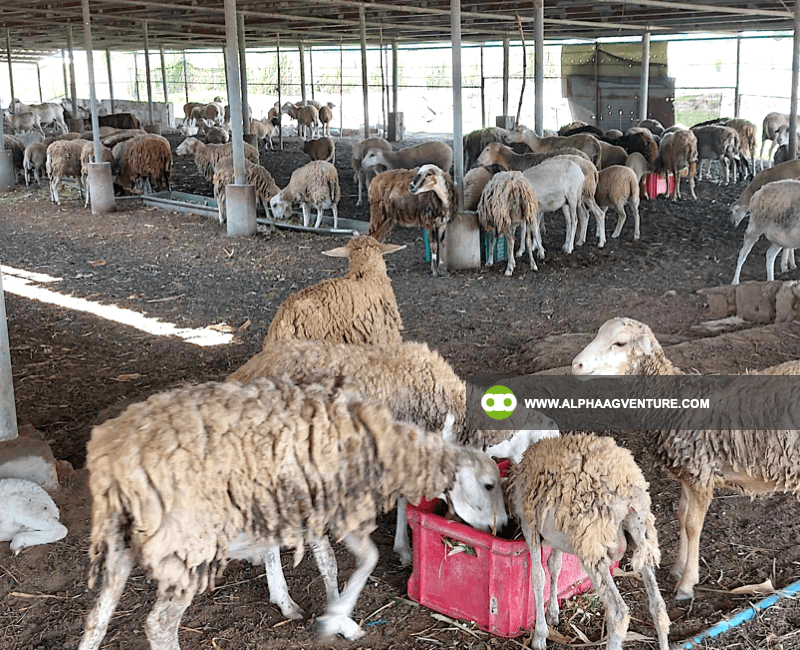

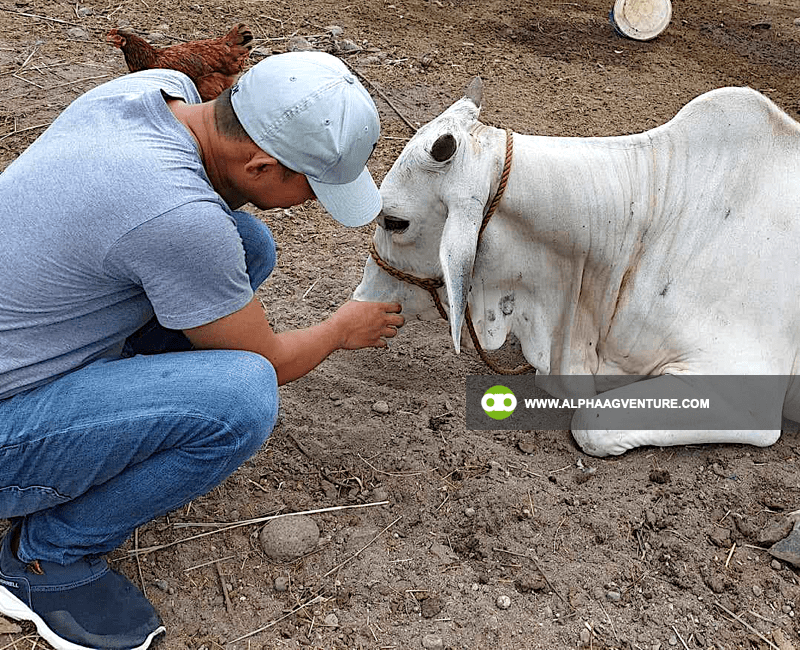
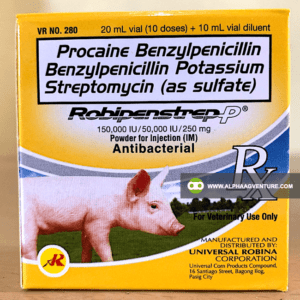
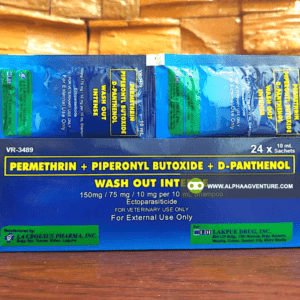
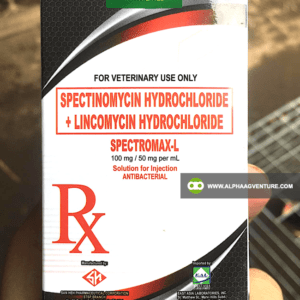
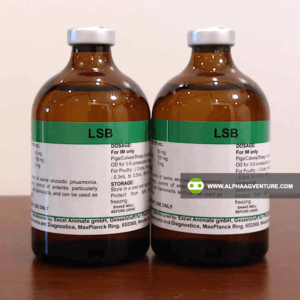
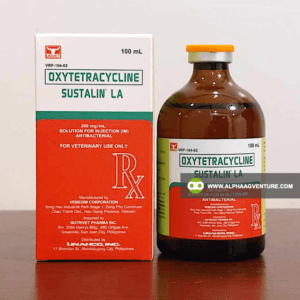
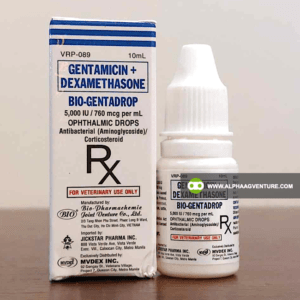
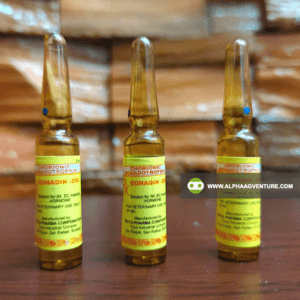
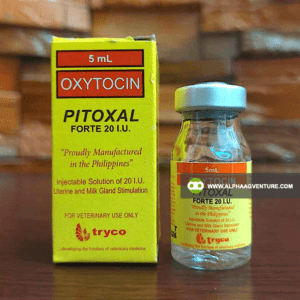
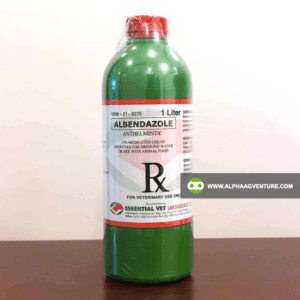
Reviews
There are no reviews yet.